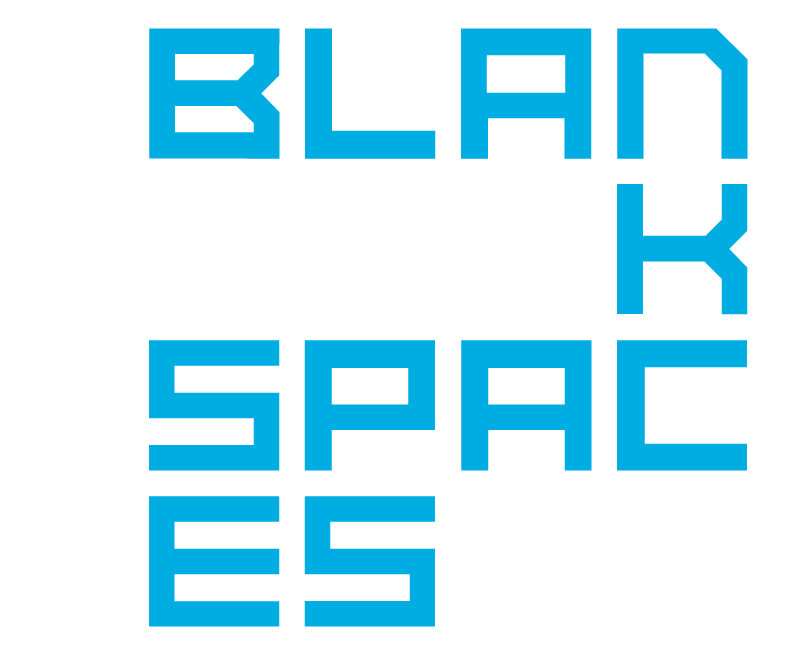Top 5 Life Skills Every Freelancer Needs to Thrive (And Not Just Survive)
Guest Post by Johanna Brown
Everyone wants to thrive as a freelancer. You get to be your own boss, work when and where you want, and generally enjoy more freedom than the average American worker. But today, the freelancing market is more competitive than ever. As more and more people turn to freelancing on the side or full-time, getting the right skills to stay ahead is vital. On that note, here are listed five life skills freelancers need to not just survive, but to flourish.
Don’t just find opportunities — make them
Though easier said than done, creating opportunities to work is a key skill you’ll need to thrive as a freelancer. When starting out, do more than just list yourself on freelancing platforms. Networking expert Tim Groot recommends connecting with fellow freelancers on forums or attending industry events where you can meet potential clients. It may be daunting at first (especially if you’re not a people-person) but networking is a good way to lay down the groundwork for more opportunities to make their way to you — something that will help you in the long run.
Know how to manage your relationships
Maintaining and managing relationships is a crucial skill needed after finding the right opportunities, networking, and establishing yourself in your market’s community. There’s no special secret to doing this; perhaps the best tip is to just be human. It’s cheesy, but true. Show your client you care about them, keep communication clear and transparent, and get to know them on a personal level. Entrepreneur Allen Gannet points out that all our connections should be based on relationships showcasing genuine humanity, and there is no better way to strengthen a relationship than to get to know someone in a personal capacity.
Be an expert in routine development
One of the benefits of freelancing is getting to work at your own pace, but working erratically and at drastically different times can sometimes be disorienting for clients or partners. Despite having the freedom to dictate when you do your tasks, developing and sticking to a good routine is still vital as a freelancer; it helps improve your time management skills and ensures you have a healthy work-life balance. In fact, Bustle reports that having a routine also helps out with your mental health, decreasing the likelihood of depression and even improving your cognitive functioning.
Master your finances
As a freelancer, you’re in control of your own finances. This can be tricky, especially when you’re just starting out. Understanding how to budget your business and personal finances is just as important as knowing how to send a professional quote or invoice. It’s scary to face the numbers, but it’s not as hard as it looks. Marcus explain that it’s simply about adjusting your budget for things that matter most to you, which could be anything from eliminating your debt to saving for a house. Staying on top of your expenses when your personal and business income are almost one and the same can help not only with your monthly bills, but with your taxes as well.
Have the willingness to learn
When you’re not in a typical office environment, you won’t have a boss or peers to mentor you. As a freelancer, you have to be your own mentor. In a relentlessly innovating world, successful freelancers anticipate, recognize, and learn the new skills needed for tomorrow to ensure they are prepared for the demands of their market.
All in all, becoming a freelancer is challenging and requires a lot of determination to improve on a daily basis. If you’re just starting out your craft as a freelancer, explore what other successful freelancers do in your field and develop your skills just as you develop your business. And remember: no matter how good you are, there will always be room for growth!
Article specially written for BLANKSPACES by freelancer Johanna Brown

